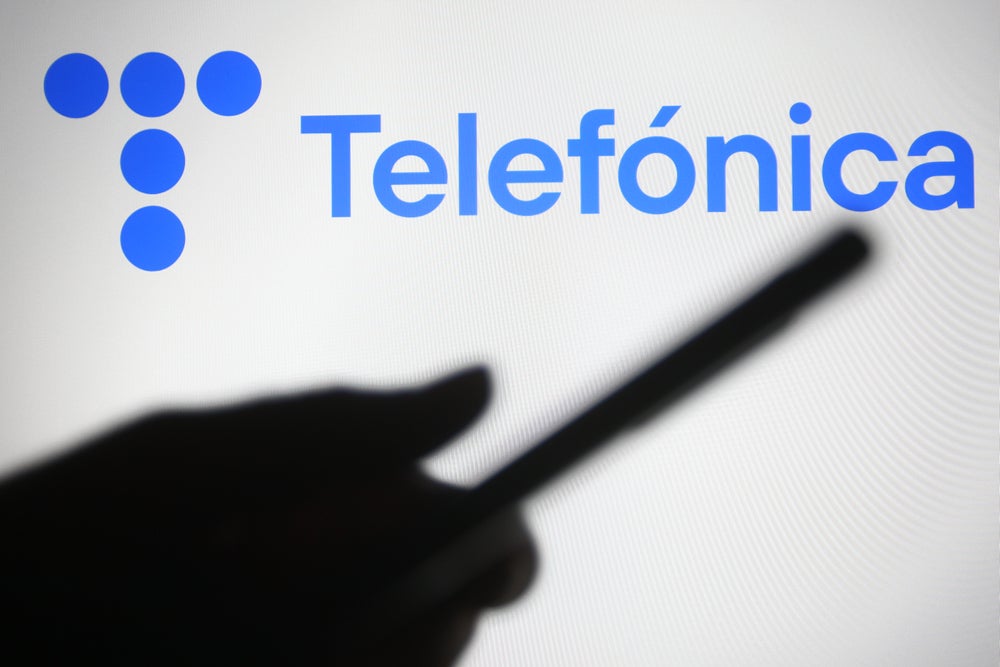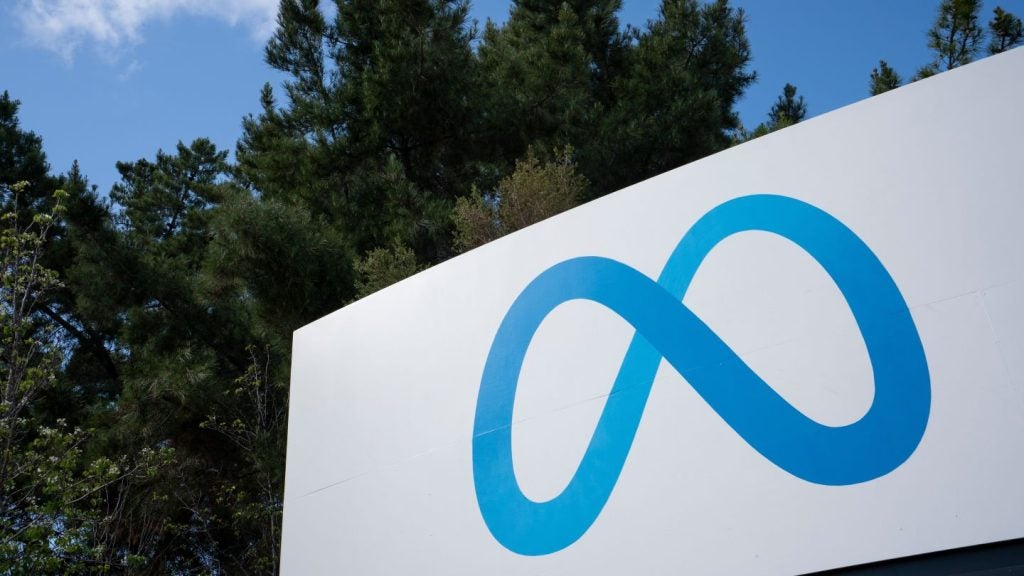In the light of ongoing environmental disasters as a result of the climate crisis, telecoms services providers are in the vanguard of corporations making a positive effort to reduce their carbon emissions.
To avoid accusations of ‘greenwashing’ they are expanding and extending their efforts and measurements actively to demonstrate progress to meet the demands of customers, regulators, investors, and talent.
The latest contribution to this effort has come from Telefónica Spain, which has published a sustainability report, ‘The Lifecycle Assessment of Connectivity Solutions,’ which provides insights into the overall environmental impact of connectivity services over their lifetime.
The report was prepared as part of the company’s implementation of the European Taxonomy for Sustainable Activities, which looks to clarify which investments are environmentally sustainable in the context of the EU’s European Green Deal.
Covering fixed networks (copper/xDSL and fiber/FTTH) and mobile networks (2G/3G and 4G/5G), the report benchmarks legacy technologies against those currently being rolled out worldwide.
The study covers a full range of elements from mobile base stations to energy consumption, wiring (fibre/copper), network equipment and housing. but not equipment that doesn’t play a part in Telefónica’s network (so not smartphones or routers).
How well do you really know your competitors?
Access the most comprehensive Company Profiles on the market, powered by GlobalData. Save hours of research. Gain competitive edge.

Thank you!
Your download email will arrive shortly
Not ready to buy yet? Download a free sample
We are confident about the unique quality of our Company Profiles. However, we want you to make the most beneficial decision for your business, so we offer a free sample that you can download by submitting the below form
By GlobalDataFor fixed networks, the analysis concluded that with FTTH the environmental impact per PB (Petabyte) is 18 times lower than copper, and five times less per access. Energy consumption per unit of traffic in 2021 has been reduced by up to 86% since 2015.
In mobile, 4G/5G technologies have a lower environmental impact than 2G/3G, with impact per access and per PB observed to be seven times lower with the latest technologies.
GlobalData Principal Analyst Rob Pritchard observed: “Not only are telecoms service providers switching to renewable energy sources and electric vehicles, but also the basic technology that powers their networks is proving far more environmentally friendly than legacy networks.
“This also underlines the argument in favour of consolidation amongst service providers by reducing network overlaps and encouraging competitive investment in the latest fibre and 5G technologies.”








